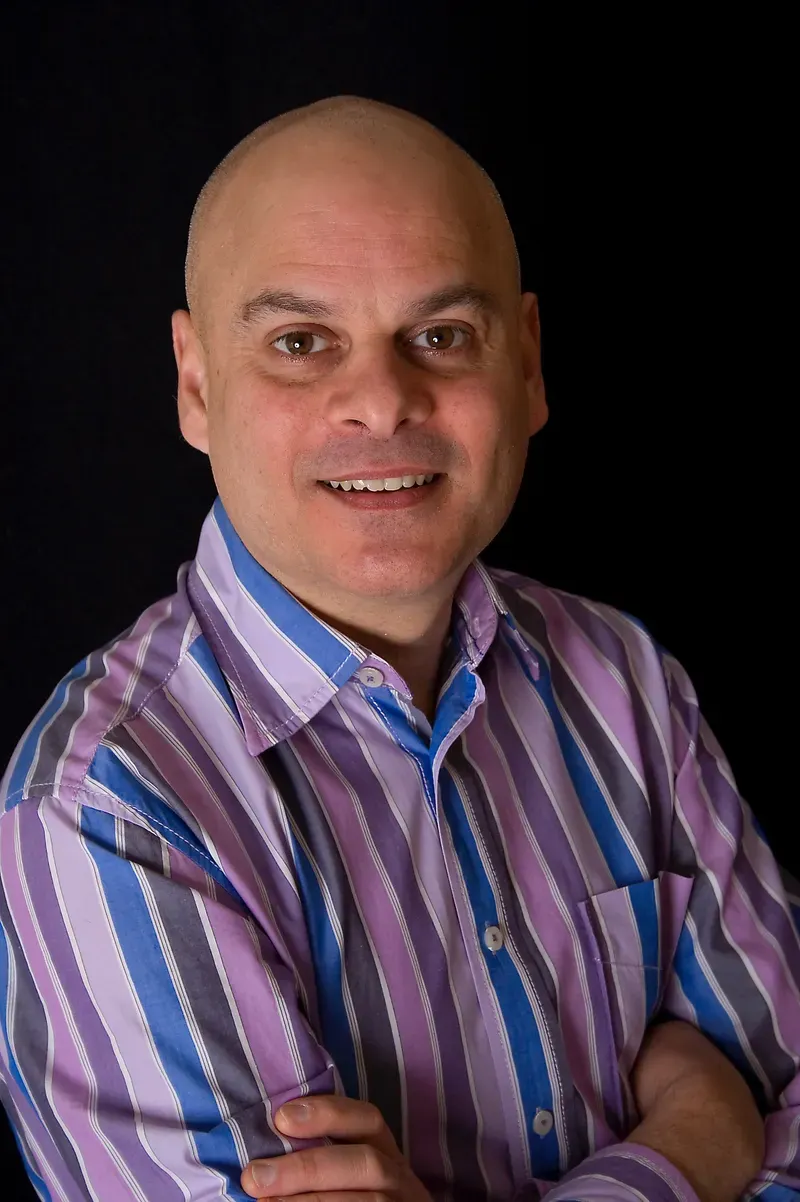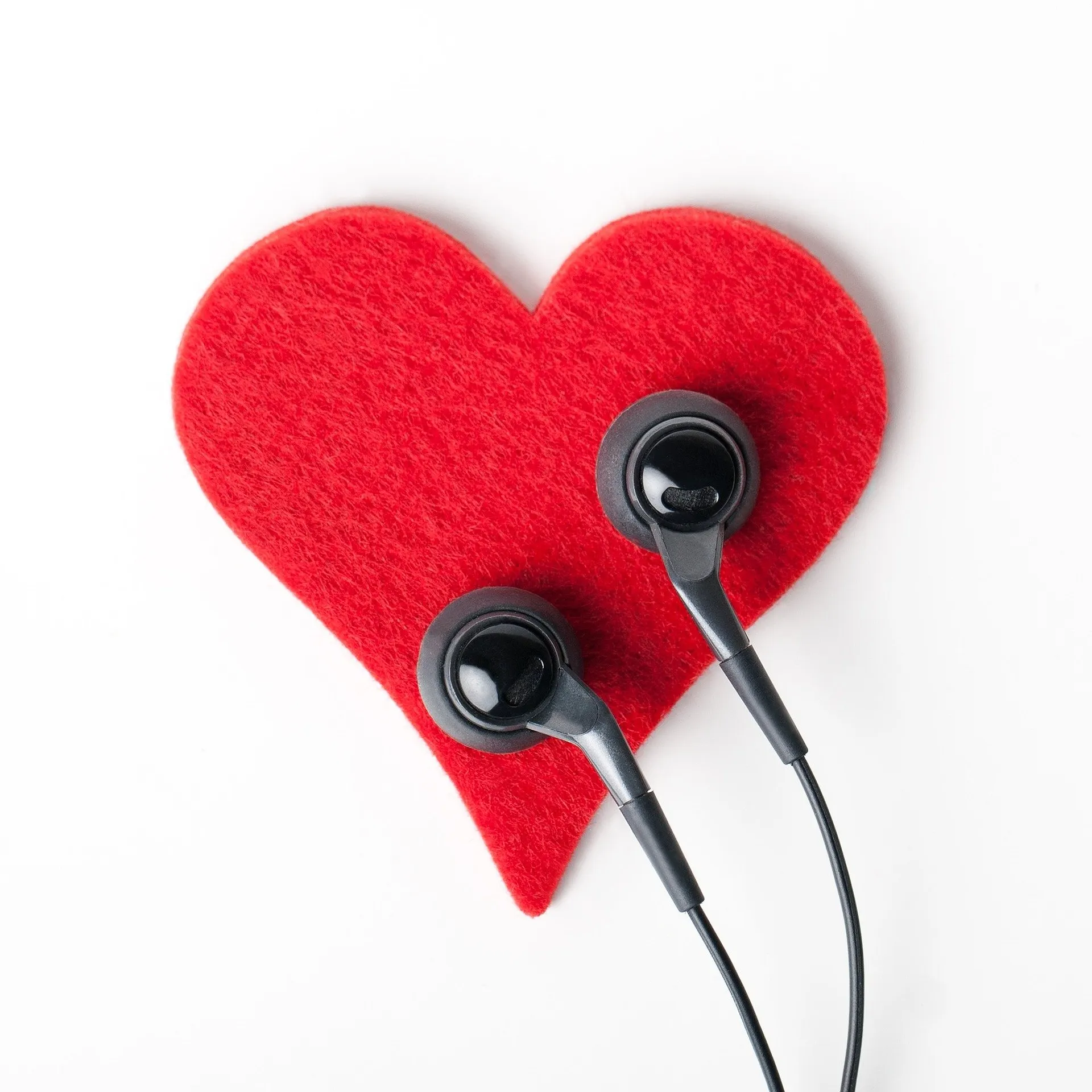From Bedbound to Living Life Again: My Recovery Journey with ME/CFS and Fibromyalgia
Living with ME/CFS, fibromyalgia, or long Covid can sometimes feel like your body has betrayed you.
For years, that was my reality.
I want to share my story—not only the struggle, but also what helped me heal—so you know recovery is possible.
The Early Struggle: Life on Pause
For over eight years, ME/CFS and fibromyalgia left me completely bed bound at times.
I could barely make it to the bathroom.
One minute of exertion would wipe me out for hours.
There were days when I didn’t even have the energy to talk.
I remember lying in bed, while family and friends visited, unable to get up and say goodbye.
For someone who had always put others first, that was a turning point.
I had to learn to prioritise myself.
Emotionally, it was just as tough.
I felt isolated, hopeless, like life was passing me by.
I remember my siblings going to Glastonbury Festival while I stayed behind.
Missing out sucked, but it also gave me a mission.
One day, I wanted to be well enough to go too.
And eventually, I did.
What Kept Me Stuck
Looking back with hindsight, I can see three main things kept me unwell:
- Lack of understanding: I didn’t grasp how deeply mind, body, and nervous system are connected
- Stress: Chronic stress kept my body in survival mode, unable to rest or heal
- No clear plan: I was trying to figure everything out alone, which was overwhelming when I was already depleted
Maybe you can relate to that sense of spinning your wheels, but getting nowhere.
The Turning Point: Learning to Heal
Things began to change when I learned to support my body step by step.
1. De-Stressing the Nervous System
I discovered that many stress responses were subconscious.
Through brain training, I learned to spot unhelpful patterns and shift them.
I also realised some stress was external.
For example, people not understanding my condition.
However, much of it was internal: i.e. the way I responded to symptoms, sensations and emotions.
I found it very uncomfortable experiencing symptoms and emotions so I would distract myself in ways that depleted me further.
One powerful shift was learning not to invalidate myself, just because others didn’t understand.
A simple but effective tool that helped me was the Timeout Relaxation Technique
It’s something I still use today, especially if my mind is racing at night.
2. Learning to Rest Properly
Lying in bed doesn’t always mean that I was resting.
Often, I was still stressing.
I had to practice techniques that calmed my nervous system so my body could truly restore itself.
I also had to stop pushing through every time I had a little energy.
I had to shift my mindset, so that I wasn't catastrophe or chastising myself every time I experienced symptoms.
Resting became more about listening to my body, not ignoring it.
3. Activating the Healing State
I began practicing meditation, mindfulness, and slow, intentional movement.
I also realised it wasn’t enough to meditate for half an hour, if I spent the rest of the day in stress mode.
That meant slowing down everyday activities, like cooking, so I wasn’t always rushing.
It meant pausing to reconnect with my body and letting my inner wisdom guide me.
One tool that helped here was Flip the Switch, a simple technique to reconnect with that wise, resourceful part of yourself, that has got you through challenges before.
4. Listening to My Body’s Signals
Symptoms and emotions became clues rather than obstacles.
Frustration wasn’t “just a bad mood”.
It was my body telling me my needs weren’t being met.
Sometimes that meant I needed CFS: connection, fun, or stimulation, not just more rest.
5. Visualisation and Joy
Visualisation became a game changer.
I pictured myself playing tennis daily, and when I finally got back on the court, my serve accuracy was better than ever.
Equally important was joy.
I found moments of flow in music; picking up my guitar or piano for just five minutes a day.
Small joys helped balance the focus on “fixing what’s wrong” with nurturing what makes life worth living.
6. Training Wheels and Small Steps
Instead of trying to do everything at once, I built up gradually.
Small, manageable actions created momentum without overwhelming me.
Hindsight Insights
Looking back, here’s what I wish I had known earlier:
- Symptoms and emotions are signals: They’re messages from your emotional brain about safety and needs.
- Guidance matters: Having a mentor or clear plan makes the journey less overwhelming.
- Your body is capable of more than you think: When we listen and give it what it needs, healing becomes possible.
This way of seeing symptoms comes from the Mind-Body Reconnect approach, which has helped many clients and me find new ways to move forward.
Where I Am Now
I went from being completely bed bound to working again, playing tennis, and yes - going to festivals!
Life isn’t perfect (I’ve had setbacks, including injuries), but it’s full, active, and joyful again.
If you’re in the thick of it right now, please be patient with yourself.
Celebrate small wins.
Build hope.
Healing takes time, but every little step counts.
An Invitation
One of the things I offer now is Resilience Group Coaching—meeting twice a month with others on the same journey.
It’s a space to connect, share strategies, and be reminded you’re not alone.
There is no charge - donations are welcome.
If you’d like to join, click here
Final Words
If this resonates with you, please share it with others who might need encouragement.
Remember:
🌱 Recovery is possible.
💛 You’re not alone.
🌈 Dare to dream big dreams.
Wishing you great health,
Simon Pimenta
About Simon
SIMON PIMENTA is a hypnotherapist, coach and trainer working with people to boost resilience and performance, and minimise stress.
After working in a demanding job as the Director of a Housing Trust, he went off sick and remained unable to work for the next 8 years.
He discovered a pioneering approach to resolving health issues and got back his health, and now trains others using these same techniques.




